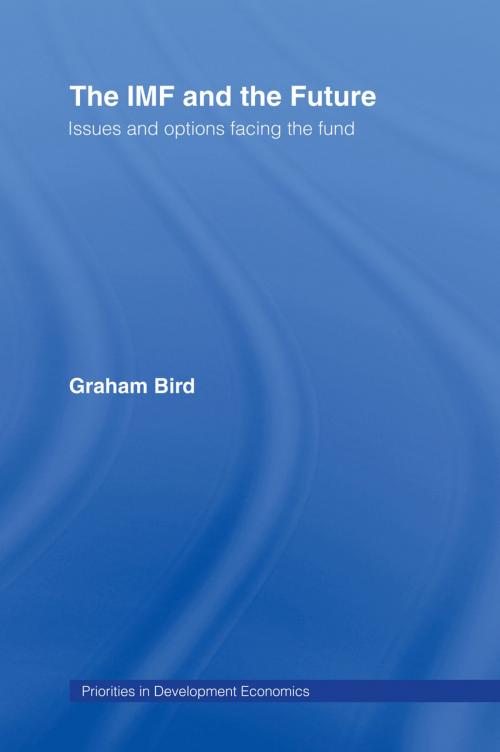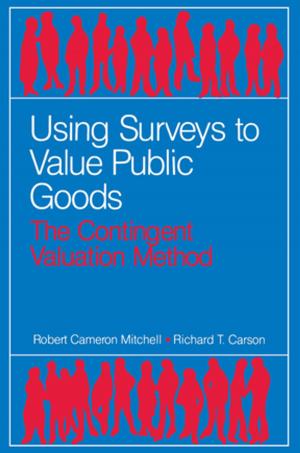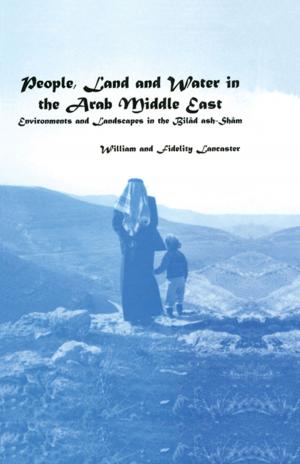| Author: | Graham Bird | ISBN: | 9781134700776 |
| Publisher: | Taylor and Francis | Publication: | May 1, 2014 |
| Imprint: | Routledge | Language: | English |
| Author: | Graham Bird |
| ISBN: | 9781134700776 |
| Publisher: | Taylor and Francis |
| Publication: | May 1, 2014 |
| Imprint: | Routledge |
| Language: | English |
The International Monetary Fund has been criticised from both the right and the left of the political spectrum with the right arguing that it is too interventionist and creates more problems than it solves and the left on occasion demanding that it be abolished altogether. What seems almost beyond question is that the IMF needs to be reformed.
Defining a future role for the IMF will always be a controversial issue, but vital to any considerations will be a measured assessment of how it has operated in the past. This excellent new book from an internationally respected expert on the IMF intends to do just that. Starting with an historical background tracing the evolution of the IMF, the book goes on to cover such themes as:
*The circumstances under which countries turn to the IMF
*The various aspects of IMF conditionality
*Institutional issues such as lending facilities and how the fund is resourced.
Bringing together an array of articles, this excellent new book will undoubtedly be required reading for anyone with a serious interest in development studies as well as being an eye-opening read for policy makers involved with the IMF.
The International Monetary Fund has been criticised from both the right and the left of the political spectrum with the right arguing that it is too interventionist and creates more problems than it solves and the left on occasion demanding that it be abolished altogether. What seems almost beyond question is that the IMF needs to be reformed.
Defining a future role for the IMF will always be a controversial issue, but vital to any considerations will be a measured assessment of how it has operated in the past. This excellent new book from an internationally respected expert on the IMF intends to do just that. Starting with an historical background tracing the evolution of the IMF, the book goes on to cover such themes as:
*The circumstances under which countries turn to the IMF
*The various aspects of IMF conditionality
*Institutional issues such as lending facilities and how the fund is resourced.
Bringing together an array of articles, this excellent new book will undoubtedly be required reading for anyone with a serious interest in development studies as well as being an eye-opening read for policy makers involved with the IMF.















